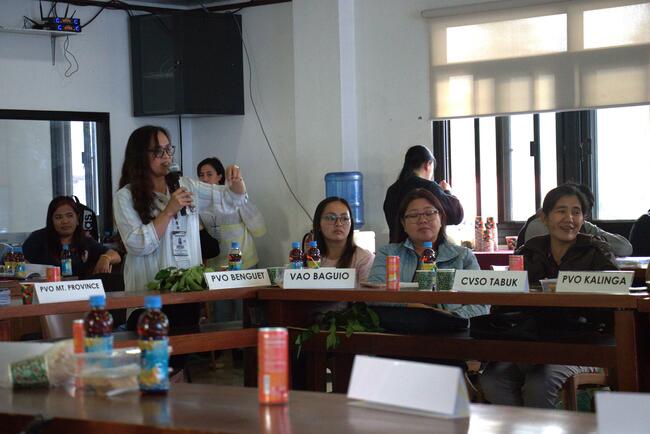Cordillera Administrative Region in the Philippines launches an innovative IBCM program, supported by GARC
Over the last few years, rabies has unfortunately been on the rise again in the Philippines, with more and more regions reporting an increase in human rabies deaths. This worrying trend requires action, specifically from government authorities to ensure the safety of the people living across the country. As we know, rabies is entirely preventable and every single person that dies from the disease should be considered a public health failure. The One Health approach is paramount in achieving sustainable, effective results, as it highlights the role of animals in disease transmission and emphasizes the need for collaboration across sectors to improve surveillance, prevention, and treatment efforts. Integrated Bite Case Management (IBCM) epitomizes the One Health approach and it helps to improve PEP allocation and compliance, dog vaccination coverage in response to cases, and enhances rabies surveillance by increasing the detection of rabies cases and human exposures through multisectoral collaboration and communication. Therefore, an effective IBCM program presents as the ideal means to fight back against the recent rise in human rabies cases in the Philippines and to get the country back on track to achieving elimination, in line with their National Strategic Plan.

In response, the Department of Agriculture - Regional Field Office - Cordillera Administrative Region (DA-RFO-CAR) recently launched the Cordi Against Rabies: An Integrated Bite Case Management System (CAR: An IBCMS) project. Since the IBCM program is best managed using an electronic system, the DA-RFO-CAR initiated a partnership with GARC to use the GARC Data Platform (formerly the Rabies Epidemiological Bulletin). As part of the partnership, GARC conducted training on navigating the Data Platform. The training was attended by the DA-RFO-CAR project team composed of personnel from the animal health unit and animal disease diagnostic laboratory, Rabies Coordinator of the Provincial Veterinary Office - Benguet Province and the Baguio city rabies coordinators from the human and animal health sectors.
The CAR IBCMS will rely on three data tools that GARC offers as part of the GARC Data Platform, namely the Bite Case Tracker (BCT), the Rabies Case Surveillance (RCS), and the Vaccination and Sterilization Tracker (VST). These tools allow for the efficient tracking and real-time reporting of animal bites, rabies cases in both animals and humans, and vaccination and sterilization activities. Additionally, the data tools include an email alert feature to notify users about new rabies cases, enabling swift action from response teams. This core aspect of the CAR: IBCMS will help drive efficient response to outbreaks, and support coordination between different teams and sectors, helping the DA-RFO-CAR teams and their partners to deliver their life-saving work in those communities that are being haunted by rabies. With the Cordi Against Rabies project set to roll out in the region, the Cordillera Administrative Region is positioned to make significant strides in their rabies surveillance and elimination efforts and will ensure a more proactive, coordinated, and sustainable rabies elimination network.

Article contributed by: Chari Amparo, Technical Manager, GARC and Dr Meriam Micklay, CAR:An IBCMS Project Leader, Cordillera Administrative Region, Philippines.